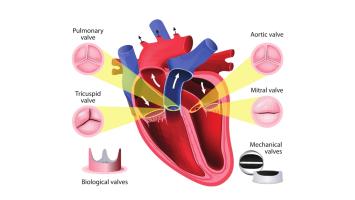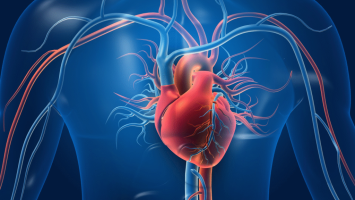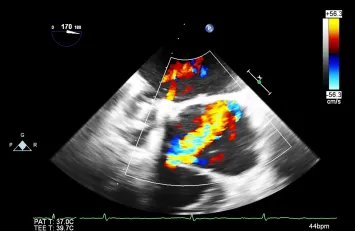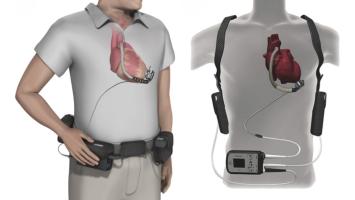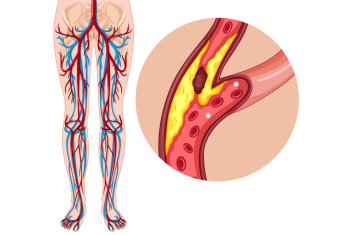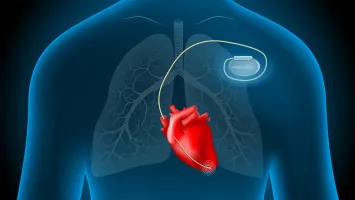By managing risk factors through lifestyle, medications, and regular check-ups, preventive cardiology aims to reduce the likelihood of plaque buildup and blockages.

Dr K Narayana Raju
Consultant - Interventional Cardiologist
MBBS, MD, DNB (Cardiology)
20+ years of experience
11,000+ Happy Patients
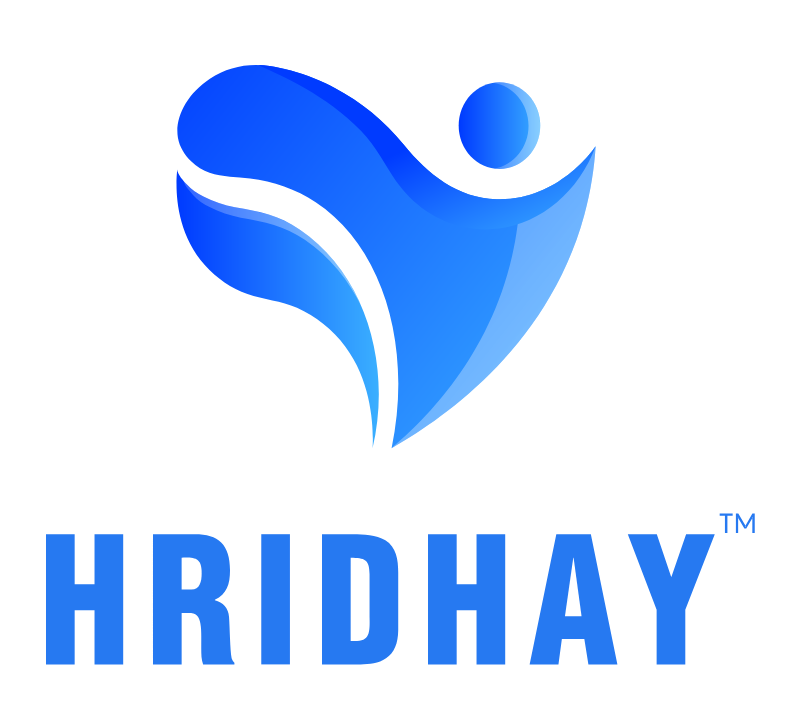
About Dr K Narayana Raju
Dr. K Narayana Raju is a distinguished Interventional Cardiologist with over two decades of experience in the field of cardiology. He completed his MBBS from M S Ramaiah Medical College, Bangalore, followed by an MD in Internal Medicine from Kasturba Medical College, Mangalore, and DNB in Cardiology from Narayana Hrudayalaya, Bengaluru. Throughout his career, he has been committed to providing cutting-edge cardiac care with a focus on advanced interventions and patient-centric treatment. Known for his meticulous approach and compassionate care, he specializes in managing complex heart conditions, performing minimally invasive procedures, and guiding patients through tailored treatment plans. His extensive expertise, combined with his dedication, makes him a trusted name in cardiology practice.

Dr. K Narayana Raju is renowned for his excellence in interventional cardiology, delivering innovative and effective treatments for various heart diseases. He is committed to achieving the best outcomes through precision and advanced techniques, ensuring patient safety and comfort. His compassionate approach and clear communication build trust and confidence among his patients. With a strong focus on personalized care, Dr. K Narayana Raju strives to improve quality of life for his patients, combining clinical expertise with the latest technology. His dedication to continuous learning and patient well-being makes him a leader in the field of interventional cardiology.
Dr K Narayana Raju 's Areas of expertise
Complex Coronary Interventions: Treating difficult coronary artery blockages such as chronic total occlusions, bifurcation lesions, and calcified deposits with advanced techniques like rotablation.
Structural Heart Interventions: Minimally invasive repair and replacement of heart structures, including valve replacements like TAVI, TMVR, and device closures like MitraClip and Tricuspid Repair.
Adult Congenital Heart Disease Management: Care focused on the unique challenges of congenital heart defects in adults, improving heart function and symptom control.
Advanced Echocardiography: Using TTE, TEE, and 3D Echo imaging to visualize cardiac anatomy and function in detail for accurate diagnosis.
Heart Failure Management: Strategies to improve cardiac output, reduce symptoms, and prevent hospitalizations in patients with weakened heart function.
Mechanical Circulatory Support: Devices such as intra-aortic balloon pumps assist the heart in maintaining adequate blood flow during critical illness.
Peripheral Vascular Interventions: Treatments aimed at restoring blood flow in peripheral arteries affected by blockages or narrowing.
Cardiac Catheterization in Complex Valvular Disease: Catheter-based techniques to diagnose and treat various valvular heart problems, including stenosis and regurgitation.
Pacemaker & ICD Implantation: Devices that regulate abnormal heart rhythms, preventing dizziness, syncope, and sudden cardiac events.
Critical Care & Preventive Cardiology: Emergency cardiovascular stabilization and long-term risk management to prevent heart disease.
Article:
Article by Dr. K. Narayana Raju on the increasing incidence of heart attacks among young people — their causes, symptoms, and preventive measures.
![]()
![]()
An article by Dr. K. Narayana Raju on how habits such as stress, smoking, and alcohol consumption can contribute to high blood pressure. Adopting a healthier lifestyle and monitoring your blood pressure regularly can help keep it under control and support long-term heart health.


Publications:
- Renal sympathetic denervation using an externally irrigated radiofrequency ablation catheter for the treatment of resistant hypertension - Acute safety and short-term efficacy. Indian Heart Journal. 2015 May-Jun; 67(3):207-213.
- Renal denervation in a patient with Alport syndrome and rejected renal allograft. Indian Heart Journal. 2015 Dec; 67(Suppl 3): S71–S73.
Paper Presentation:
- Study of the association between HbA1C and acute coronary syndrome in patients with type II diabetes mellitus.
Clinical Trial Experience:
- A descriptive study to correlate left ventricular functions and etiology in left bundle branch block patients.
- Successful or unsuccessful thrombolysis with streptokinase in acute myocardial infarction: A descriptive study.
- A prospective study to correlate angiographic profile and clinical outcome of acute coronary syndrome patients with atrial fibrillation.
- Study of diastolic dysfunction in young (<40 years) newly detected diabetics and its correlation with obesity, glycaemic levels, and dyslipidemia.
- Cardiac manifestation involvement in dengue infection.
- MBBS from M S Ramaiah Medical College, Bengaluru
- MD in Internal Medicine from Kasturba Medical College, Mangalore
- DNB in Cardiology from Narayana Hrudayalaya, Bengaluru
Dr K Narayana Raju 's Reviews
Dr K Narayana Raju 's Reviews
Conditions and Treatments
Dr K Narayana Raju 's Expert Tips & Health Insights
Articles by Dr K Narayana Raju

Living with Congenital Heart Disease as an Adult: Challenges and Modern Solutions

Breaking Down Complex Coronary Blockages: When and Why Advanced Interventions Matter

The Critical Role of Preventive Cardiology: Building a Heart-Healthy Future
Frequently Asked Questions
Frequently Asked Questions
High blood pressure, high cholesterol, smoking, diabetes, obesity, physical inactivity, and a family history of heart disease.
The choice depends on the specific condition, anatomical complexity, overall health, and the potential benefits and risks of each approach.
Maintain a healthy diet, exercise regularly, avoid smoking, control blood pressure and cholesterol, manage stress, and maintain a healthy weight.
Typically, adults over 40 (or earlier if there are risk factors) should have regular check-ups, including blood pressure, cholesterol, and blood sugar assessments, tailored to individual risk profiles.
Many congenital defects can be effectively corrected or managed with minimally invasive procedures and advanced surgical techniques, allowing patients to lead healthier lives.
If medications or basic procedures fail to relieve symptoms or if the blockage is heavily calcified or complex, advanced techniques like rotational atherectomy or specialized stenting may be required.
Symptoms may include chest pain (angina), shortness of breath, fatigue, dizziness, or episodes of irregular heartbeat. Sometimes, there are no symptoms until a heart attack occurs.

